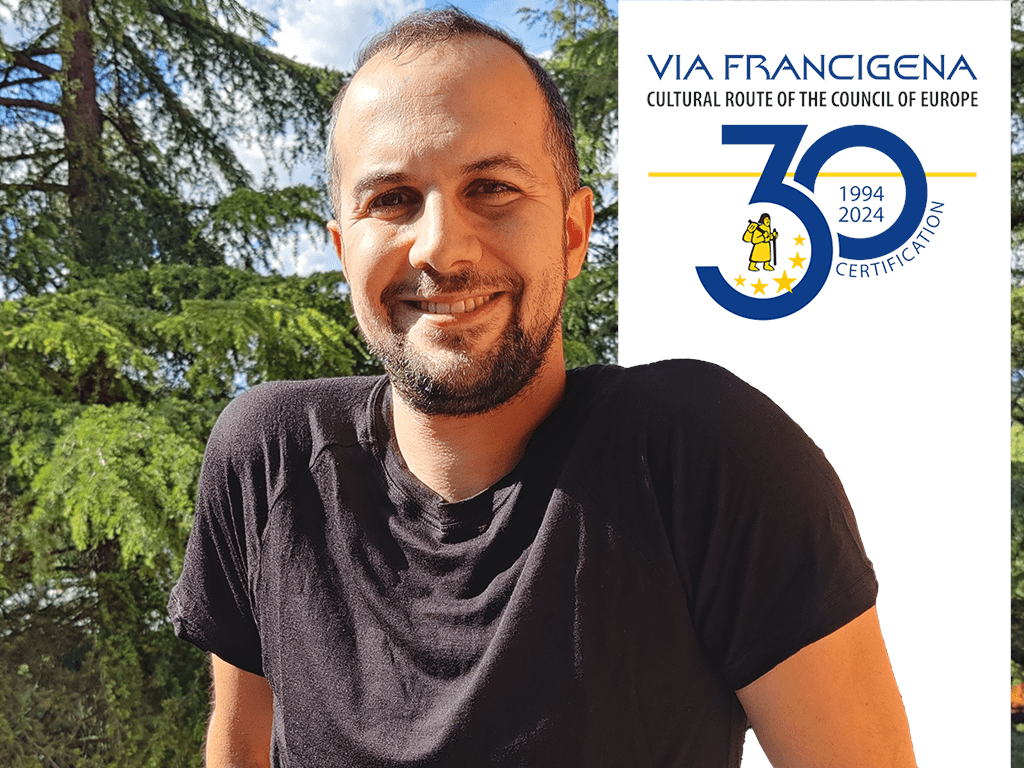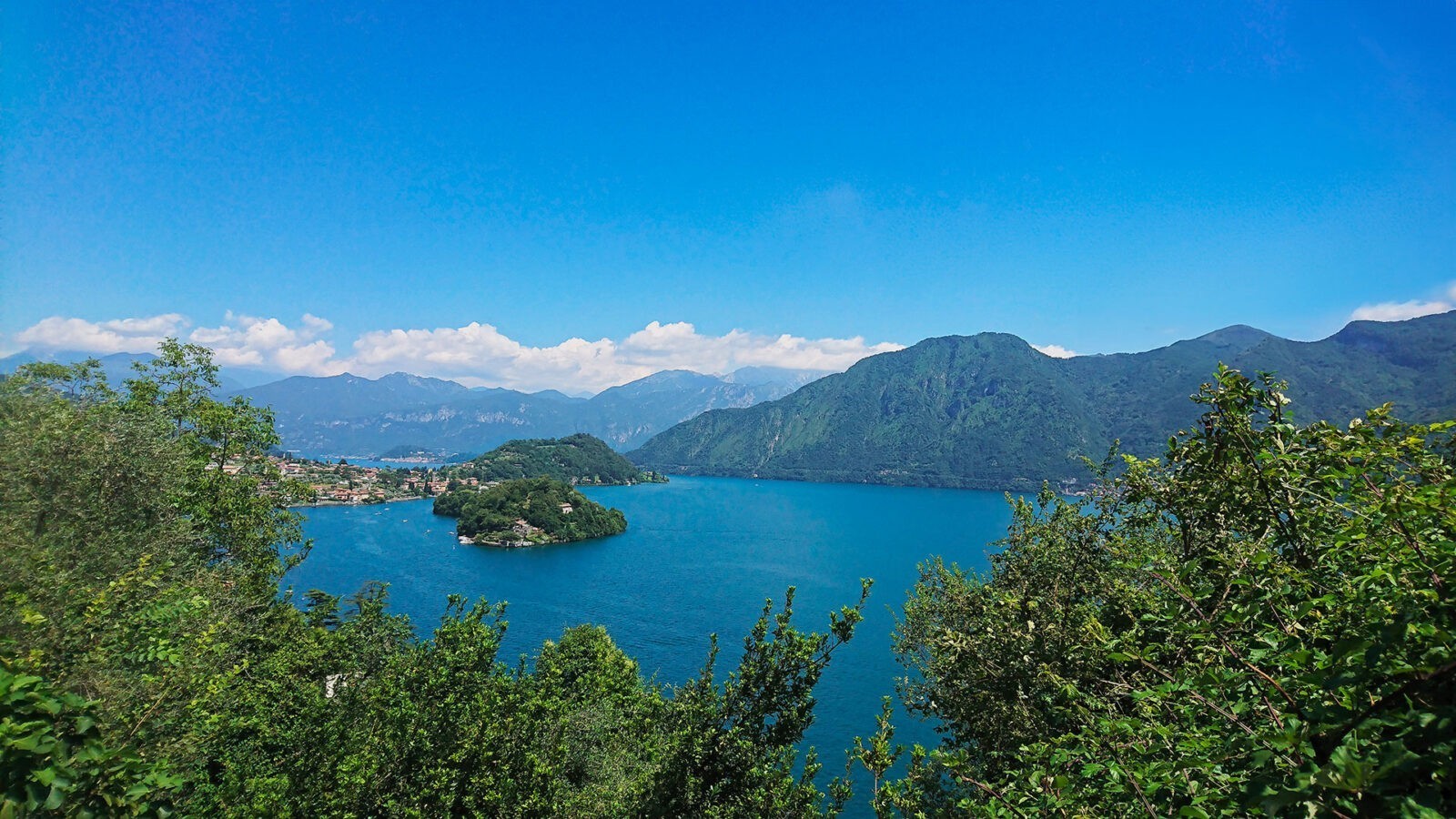
Luca Farevelli ci parla della Via Francigena con l’autorevolezza di pochi altri
Luca Faravelli dell'Associazione Europea delle Vie Francigene ci racconta un po' di sé e dei suoi cammini del cuore. Immancabile un suggerimento su cosa mettere nello zaino a cui in pochi pensano.
→














